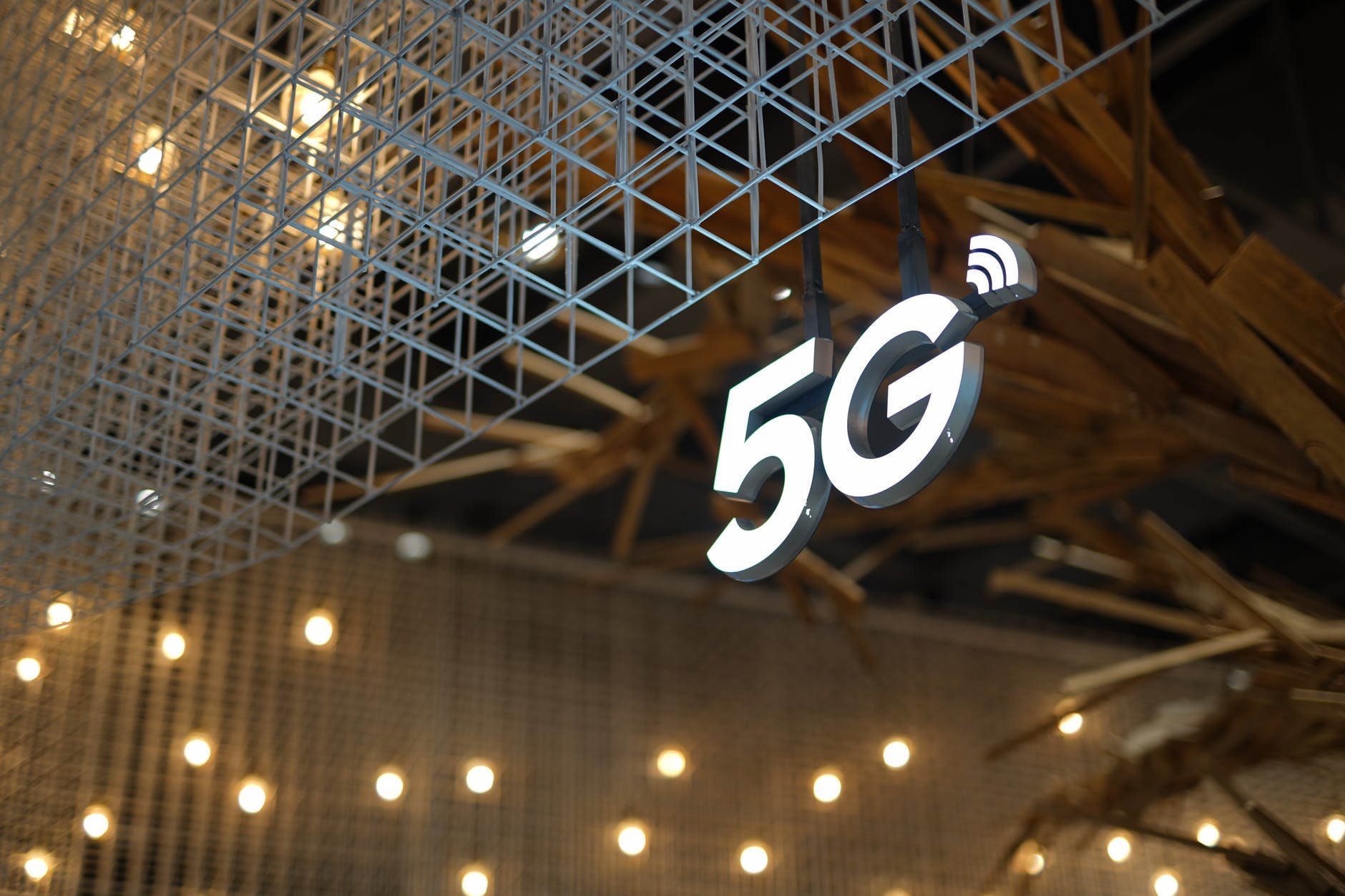What is 5G Anyway? A Brief Introduction to 5G Networks.
5G Technology Overview
Everyone is starting to talk more and more about 5G technology - but what exactly does it mean? How does it affect us?
We have been hearing about 5G networks for some time now and are finally starting to see carriers turning it on. Carriers, such as Verizon, AT&T, and Sprint, are starting to deploy the network. However, don’t be surprised if you are in an area that does not support 5G. That is because the deployments are currently limited and only in select cities.
What is 5G?
5G stands for fifth generation of cellular technology. This provides enhanced speed, coverage, and responsiveness of wireless networks. This technology is 10 to 100 times faster than current cellular speeds & is faster than direct fiber lines to your house. How fast is it really? Verizon has shown speeds faster than 1 gigabit per second. That’s downloading a season's worth of TV show in just seconds!
The other big enhancement of 5G is that it is a low latency network. The responsiveness of the network is the amount of time it takes from clicking on a link and a page loading or a video beginning to stream. In today's standards, about 20 milliseconds is the standard. However, in 5G's low latency network, this can be as fast as 1 millisecond. This is a huge enhancement which could allow self-driving cars to communicate with each other at high speeds, or allow doctors to conduct remote surgeries, controlling instruments in real-time. The one caveat here is that low latency is affected by range - so the farther you are from a 5G coverage area, the higher your latency will be.
How does it work?
5G uses very high-frequency spectrum waves to deliver a lot of data very quickly. It does have a very short range, but higher capacity. Given the range, problem carriers have adopted using lower frequency spectrum waves to be able to deliver coverage farther distances. As companies adopt delivering 5G with lower frequency waves, speed of the network is lowered - but it will still result in a much faster speed boost than current networks.
When can we get it?
Verizon has launched its 5G service in the areas of Chicago and Minneapolis. Also, Sprint has released 5G in its network to 4 cities. Over the next year, you will see more carriers extend coverage of 5G networks to more and more cities. However, 5G spectrum requires specific antennas, which most phones today do not support. As of now, there are only a handful of phones that support 5G, but you will soon see more phones supporting this function.
As you upgrade your phones to get 5G, you can count on TekDash. Our Teks are happy to help you set up your phones & walk you through how to get the most out of your 5G network!

